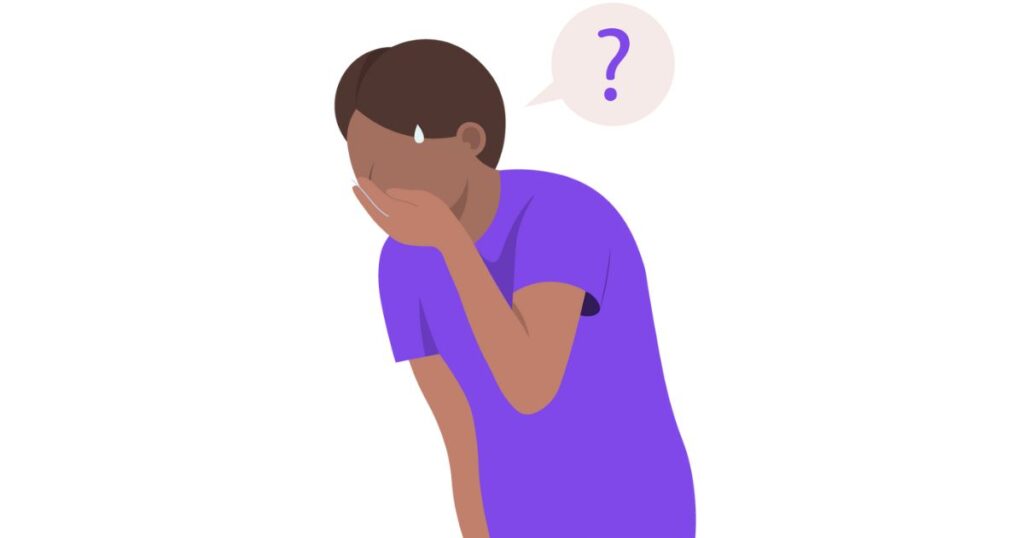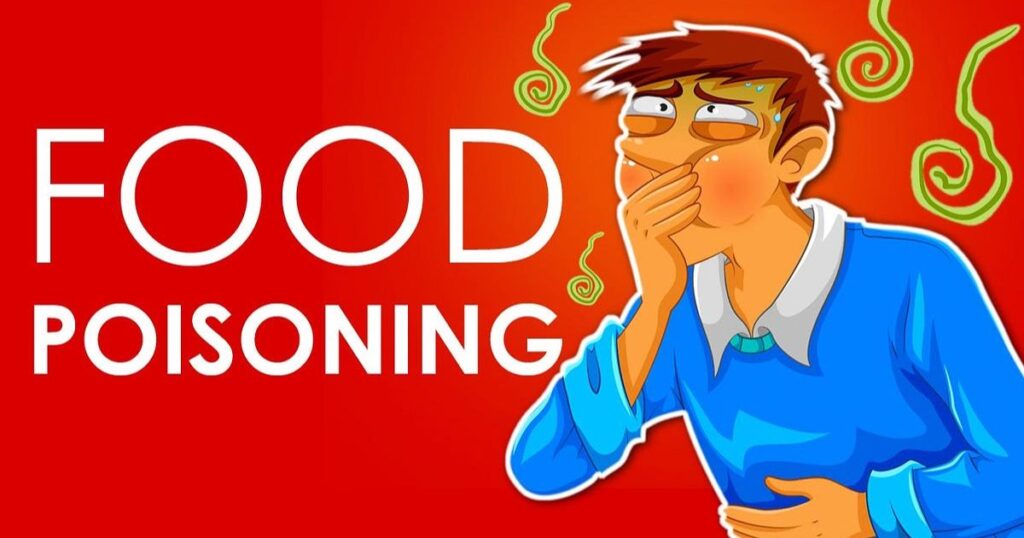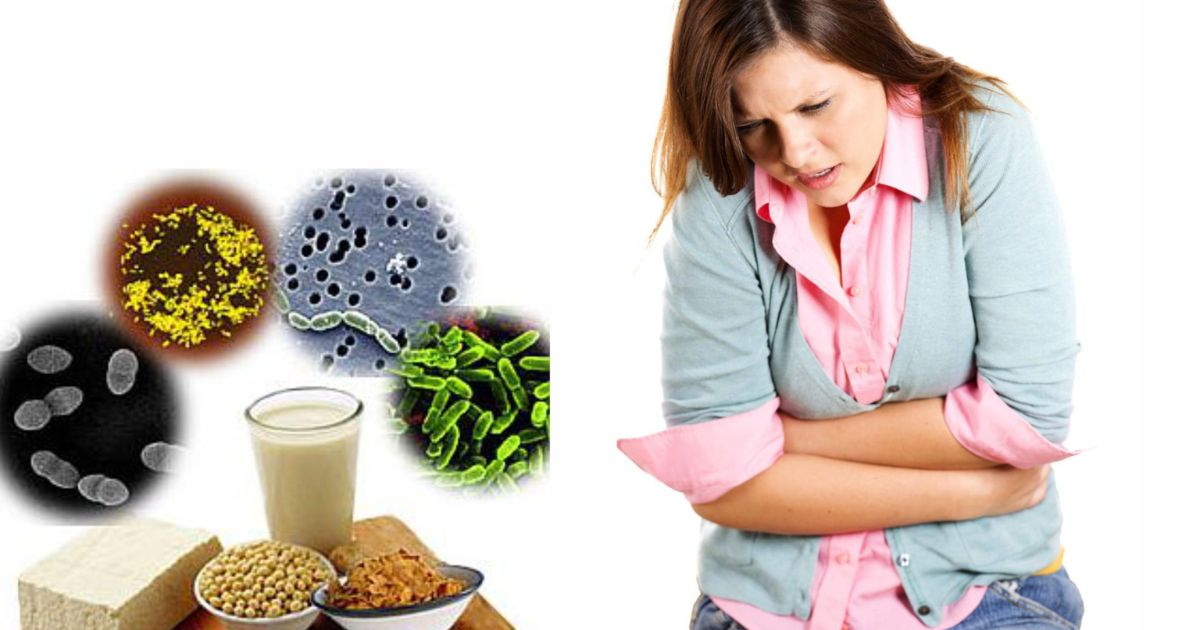Food poisoning can be a miserable experience, leaving you feeling weak, nauseous, and wondering when you might vomit. This informative guide will explore the timeline of vomiting after food poisoning, the factors that influence it, and what steps you can take to feel better.
How Soon After Food Poisoning Do You Vomit?
The timing of vomiting in food poisoning can vary greatly, depending on the specific cause. In general, symptoms like vomiting typically arise within 30 minutes to 8 hours after consuming contaminated food. But, some types of foodborne illness might take up to 24 hours to trigger vomiting, while others might cause it within just minutes.
When Symptoms Begin
The Centers for Disease Control and Prevention (CDC) categorizes the onset of food poisoning symptoms into three timeframes:
- Within 30 minutes to 8 hours: This timeframe is common for bacterial infections caused by Staphylococcus aureus or Bacillus cereus. Symptoms might include nausea, vomiting, stomach cramps, and diarrhea.
- Within 24 hours: This timeframe is associated with viruses like norovirus or rotavirus. Symptoms might include watery diarrhea, nausea, stomach cramps, vomiting, fever, and chills.
- 6 to 24 hours: This timeframe is less common and often linked to parasites or toxins. Symptoms might include diarrhea and stomach cramps that last less than a day, with vomiting and fever being less frequent.
Factors Affecting the Onset of Vomiting

Several factors can influence how soon you vomit after consuming contaminated food:
- The type of foodborne illness: Different bacteria, viruses, and parasites have varying incubation periods, affecting the time it takes for symptoms to appear, including vomiting.
- The amount of contamination: The quantity of harmful toxins or pathogens ingested can influence the severity and speed of symptoms. A larger amount might lead to quicker vomiting.
- Individual sensitivity: People have varying levels of gut sensitivity. Some individuals might vomit readily after consuming mildly contaminated food, while others might experience a delay.
What To Do If You Experience Vomiting
Vomiting can be dehydrating. Here are some steps you can take to manage it:
- Stay hydrated: Sip on clear fluids like water, broths, or electrolyte drinks to replenish lost fluids. Avoid sugary drinks or caffeine, which can worsen dehydration.
- Rest: Allow your body to recover. Get plenty of sleep and avoid strenuous activity.
- Avoid solid food: Let your stomach settle for a few hours. When you can tolerate fluids, gradually introduce bland foods like crackers, toast, or rice.
Related Post: How Long Does It Take To Digest Food?
Food Poisoning

Food poisoning is an illness caused by consuming contaminated food or beverages. It can be caused by bacteria, viruses, parasites, or toxins. Common symptoms include:
- Nausea and vomiting: The urge to expel stomach contents forcefully.
- Diarrhea: Loose, watery stools occurring frequently.
- Stomach cramps: Painful contractions in the abdominal muscles.
- Fever: An elevated body temperature.
- Chills: Feeling cold and shivery.
Symptoms of Food Poisoning
The severity and duration of food poisoning symptoms can vary depending on the cause. Here’s a closer look at some common symptoms:
- Nausea and vomiting: These are often the first signs of food poisoning. Vomiting can help expel harmful toxins from the body.
- Diarrhea: Frequent watery stools can lead to dehydration.
- Stomach cramps: These painful contractions occur as the intestines try to expel the irritant.
- Fever and chills: These can indicate the body’s immune response to fight the infection.
- Headache and fatigue: These symptoms can accompany the overall feeling of illness.
How Soon Can You Get Food Poisoning? How Long Does It Take to Recover? (And Is There a Quick Fix?)
Foodborne illness, while unpleasant, is usually a temporary issue. Let’s explore the timeframe for getting sick and recovering, along with strategies to feel better faster.
How Soon Can You Get Food Poisoning?
The answer can vary depending on the culprit. Food poisoning can strike within hours (think Staphylococcus aureus) or take up to several days (think Clostridium perfringens).
Factors Affecting Speed of Onset:
- The Culprit: Different bacteria, viruses, and parasites have varying incubation periods, impacting how quickly symptoms appear.
- The Amount Ingested: The quantity of harmful toxins or pathogens you consume affects symptom severity and speed. A larger dose might lead to quicker illness.
- Individual Sensitivity: People have varying gut sensitivity. Some might vomit readily after mild contamination, while others might experience a delay.
How Long Does It Take to Recover from Food Poisoning?
Most cases of food poisoning resolve on their own within a few days. However, the duration can vary depending on the severity and your overall health.
Factors Affecting Recovery Time:
- The Cause: Viral infections often resolve faster than bacterial ones.
- Your Immune System: A strong immune system can fight off the illness quicker.
- Hydration and Rest: Staying hydrated and getting plenty of rest significantly aids recovery.
Is There a Way to Recover from Food Poisoning Quickly?
Unfortunately, there’s no magic bullet for a speedy recovery. However, these steps can help you feel better faster:
- Hydration is Key: Vomiting and diarrhea can lead to dehydration. Sip on clear fluids like water, broths, or electrolyte drinks to replenish lost fluids. Avoid sugary drinks or caffeine, which can worsen dehydration.
- Bland Diet: Let your stomach settle for a few hours. When you can tolerate fluids, gradually introduce bland foods like crackers, toast, or rice. These are gentle on your digestive system and help restore electrolytes.
- Rest and Recuperation: Your body needs energy to fight the illness. Get plenty of sleep and avoid strenuous activity.
- Over-the-Counter Relief: Consider medications to manage symptoms. Loperamide (Imodium) can help with diarrhea, while bismuth subsalicylate (Pepto-Bismol) can ease nausea and stomach cramps. Always consult your doctor before taking any medication.
Also Read: 5 Foods To Avoid While Taking Strattera (Atomoxetine)
People Also Ask (FAQs)
How many hours after food poisoning do you vomit?
Vomiting typically occurs within a few hours to a day after consuming contaminated food, but the exact timing can vary depending on the type of bacteria or toxin involved and individual factors.
What is the fastest way to flush out food poisoning?
Hydration is key. Drink plenty of water or electrolyte solutions to replace lost fluids and help flush out toxins. Rest, and consider bland, easily digestible foods once vomiting subsides.
What medicine stops vomiting after food poisoning?
Over-the-counter antiemetics like dimenhydrinate or ondansetron may help alleviate nausea and vomiting. It’s essential to consult a healthcare professional before taking any medication.
What should I do 24 hours after food poisoning?
Focus on rehydrating and reintroducing gentle, easily digestible foods. Monitor your symptoms, and if they persist or worsen, seek medical attention.
How do I get my stomach back to normal after food poisoning?
Gradually reintroduce bland, low-fiber foods like bananas, rice, applesauce, and toast (BRAT diet). Avoid spicy, fatty, or overly processed foods until your stomach feels settled.
How long after food poisoning can I eat normal food?
Once your symptoms have resolved and you can tolerate bland foods without experiencing nausea or vomiting, you can gradually resume your normal diet. Start with small portions of easily digestible foods and gradually increase as tolerated. If unsure, consult a healthcare provider for personalized advice.
Final Thoughts: How Soon After Food Poisoning Do You Vomit?
The timing of vomiting in food poisoning can vary greatly, but it typically occurs within 30 minutes to 8 hours of consuming contaminated food. Remember, several factors influence this, and some cases might present vomiting sooner or later.
The good news is that most food poisoning resolves within a few days with proper hydration, rest, and a bland diet. If your symptoms worsen or persist, consult your doctor to ensure a safe and speedy recovery.


